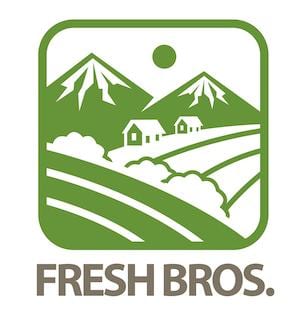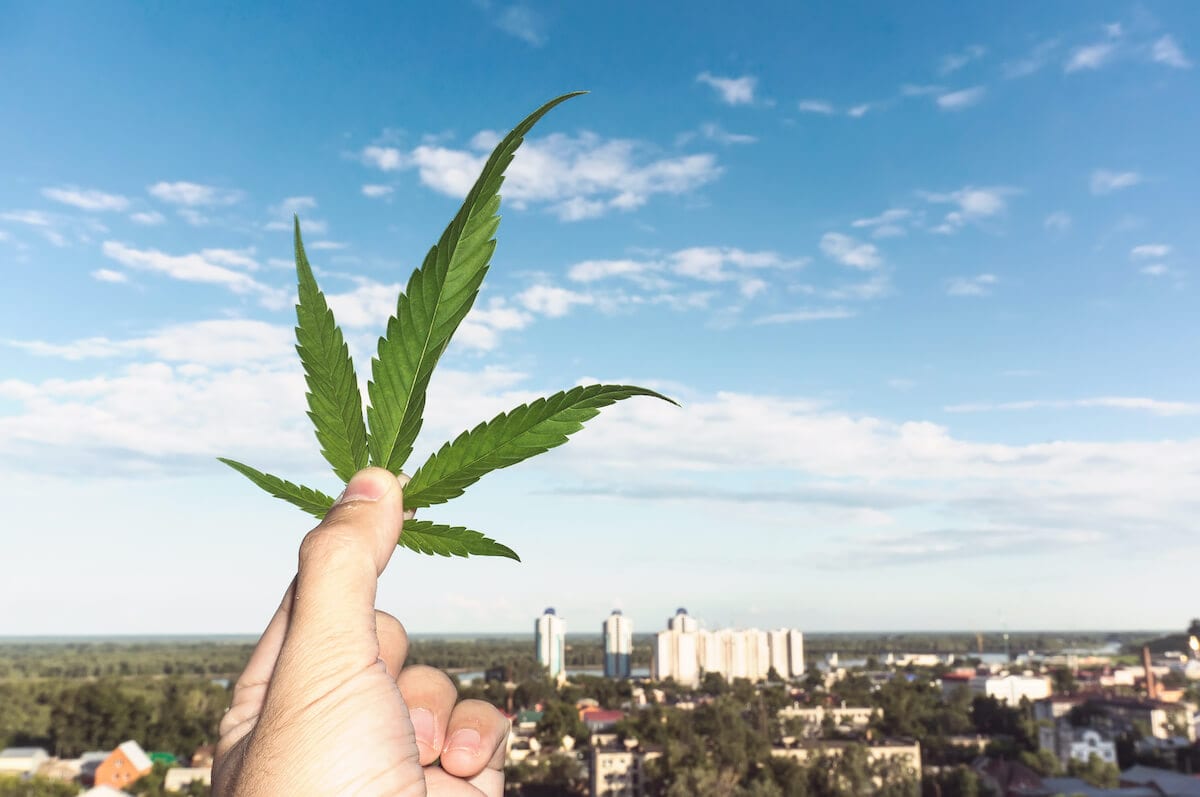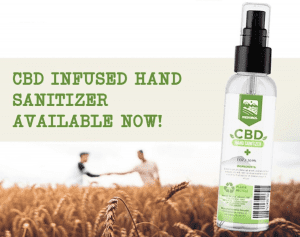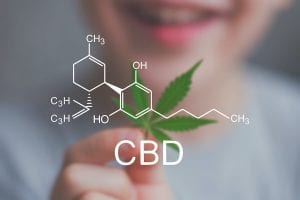While the world wrestles with the coronavirus outbreak, U.S. federal and state government authorities made crucial decisions that could change the future of the cannabis, hemp, and CBD sectors for a long time to come.
The U.S. Food and Drug Administration (FDA) recently approved Epidiolex (cannabidiol) [CBD] for the treatment of seizures related to two uncommon and severe types of epilepsy, Lennox-Gastaut syndrome and Dravet syndrome, in patients age 2 and older. This is actually the very first FDA-approved drug which has a purified drug substance derived from cannabis and the first FDA-approved drug for treating patients with Dravet syndrome. It’s also the sole cannabis-derived drug product regarded as federally “legal”, according to the FDA, and therefore capable of trademark registration from the U.S. Patent and Trademark Office (USPTO). This declassification of Epidiolex creates significant consequences for the future of CBD medications and goods going forward since this paves the way for all those items to get into the marketplace when the FDA ultimately approves CBD for general consumption.
Hemp, CBD & Cannabis-Related Patents and Trademarks
The USPTO’s allowance and enrollment of cannabis and CBD patents and trademarks is another development that is unfolding during the worldwide outbreak of Covid-19. The USPTO recently approved a patent for No. 15/494,514, a chewing gum with cannabinoids (like CBD) and tobacco derivatives to deal with cigarette addiction. Interestingly, this trend shows the USPTO’s patent branch seems to be a lot more innovative than its trademarks and service marks branch, which generally denies applications that involve cannabis products and services.
The trademarks and service marks branch now permits the enrollment of several products and services pertaining to “hemp” (that can be described as cannabis comprising of a THC concentration of equal to or less than 0.3 percent on a dry weight basis). But, it disallows marks used in conjunction with the most popular CBD goods available on the market — dietary supplements, nutritional supplements, and foods with CBD and hemp — on the premise that, because the FDA hasn’t accepted CBD in general, the selling of these products is illegal in interstate trade. It is not likely that the FDA approves the use of CBD in general any time soon. But, the USPTO may start to revise their strategy when it comes to handling the registration of those trademarks.
Cannabis Stores Deemed Essential in Many States
The conclusion by 28 states and the District of Columbia which deemed cannabis dispensaries essential during pandemic is positive news for the CBD sector. In reality, every state with a legal cannabis program has designated cannabis dispensaries as necessary, with the exception of Missouri and West Virginia.
With 56 percent of nations deeming medical cannabis stores to be necessary for their survival during a period of catastrophe, in addition to the national government’s current activities, we might be seeing a major turning point in the cannabis industry unfold before us. Additionally, as a consequence of the ballooning federal deficit, which is growing bigger in light of their COVID-19 stimulus bill, the nation may search for new methods to lower the deficit once the pandemic finishes. With luck, this includes additional relaxation of laws on cannabis and CBD goods, which will jumpstart those businesses and generate substantial additional tax revenue for the nation.
Thank you for reading “CBD and Coronavirus”.
“CBD and Coronavirus” will be available in audio version soon. We love a good dialogue. Let us know your thoughts! Please comment in the comment section below.




